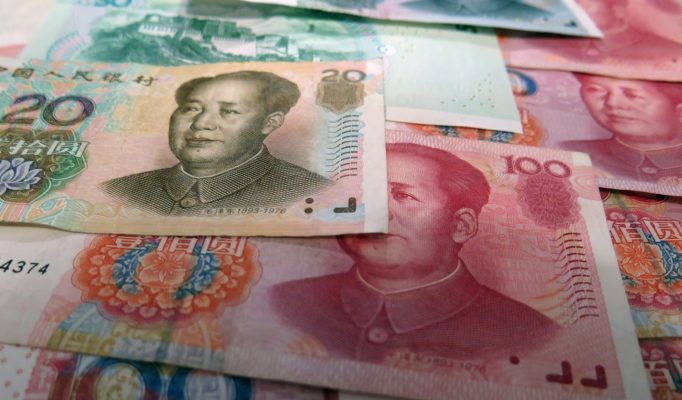Earlier this year, the People’s Bank of China (PBoC) announced the issuance of central bank digital currency (CBCD). While the western world has its reservations about the new cryptocurrency, the majority of Asian countries have not reacted pessimistically towards the new contender in town. There is still a mixed feeling found among most Asian states for regulation and institutional investment of decentralized digital assets.
However, the digital Yuan is said to be backed by a centralized authority, namely PBoC. The model of the digital asset might have the potential to spark new projects if successfully implemented. The CBCD, as a rule, is partially anonymous and is compliant with KYC and AML regulations. This type of blockchain model is an innovation in comparison to DeFi assets dominating the markets currently.
Privacy Concerns Regarding CBCD or Digital Yuan
Chinese administration is in the process of obtaining maximum liquidation for the digital Yuan. The biggest concern for prospective investors in a digital asset issued by a central bank is user privacy. The government authorities have taken measures to raise awareness about the user privacy options available with CBCD. The local news agency of China Sina Finance interviewed Mu Changchun, Head of PBoC digital currency research institute, to comment on this subject.
According to Changchun, since the CBCD had to be accommodating with anti-money laundering, anti-tax evasion, and counter-terrorism financing laws, it is not 100% anonymous. However, there is still enough room for privacy, and the users who want to utilize this currency for legal and legitimate means would be able to do so without facing any obstacles. The controllable anonymity protocol had been implemented on CBCD to put the investors at ease.
Is Controllable Anonymity Enough to Sway the Vote of Investors?
According to the media brief of Mu Changchun, the network and telecom operators who would be handling the central information desk for CBCD are not allowed to distribute, manipulate, or store user data at their discretion. Any unsolicited third parties like e-commerce platforms would be unable to reach this information by any means. To ensure privacy compliance, the user data for digital Yuan would be stored in the form of a sub-wallet, giving the users better control over their privacy set-up.
There are some more privacy protocols under discussions like ID anonymization technology, personal data protection, and internal control management mechanisms. All of these protocols are within the bounds of state laws of China. The users would also be able to enable anonymous digital Yuan transactions as per Changchun. Thus far, the general impression about digital Yuan’s privacy laws has failed to meet the expectations of many crypto-enthusiasts. However, many believe that this model has the potential to change the future of centralized banking for good.

















